The (Charcoal) Tea on Kim Kardashian’s New Health Trend
Here I am just scrolling through Instagram at noon on a Tuesday… and I see ✨it✨. Do you ever see something, and you are like is this the future (but not like in a good way?). Well, in this case it was Kim Kardashian subtly introducing a new health trend (yay!)… Charcoal Milk Tea.
Yeah. That was my reaction too.
Honestly, it looked very unappetizing — like dirty dishwater after you finally washed the pan you burnt dinner in last week. But the question we are all asking is: Will this health trend put all the health girlies on my feed in a chokehold for the foreseeable future? Is it actually healthy!?
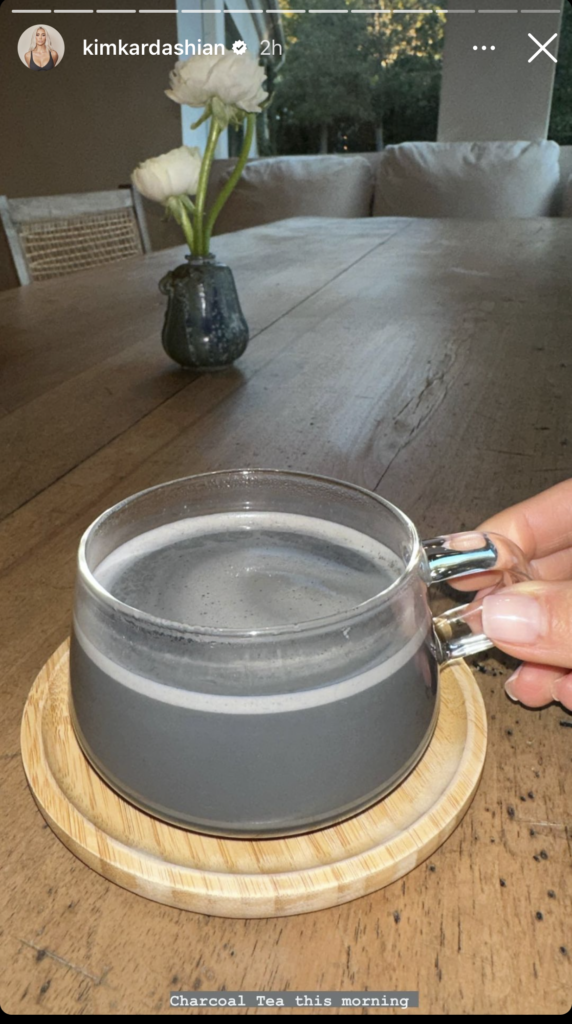
I think the fact that it is zero percent appetizing will just make people love it even more, right? We have to punish ourselves always (eye roll).
So let’s dive in. Is this really just a grey hot cup of tasteless liquid that has zero health benefits, or are the Kardashians actually on to something?
What is charcoal tea?
Great question, I’d love to tell you (cue: Elyse Myers). I did some digging, and it seems like the base includes:
- Activated charcoal powder (dissolved in hot water)
- A milk (or milk substitute)
- Sweetener to taste (maple syrup, etc)
But does it actually TASTE good!? Teakoe founder, Pete Jokisch shared that “The charcoal is almost tasteless which makes it easy to incorporate, adding a fun component to the aesthetic.”
Charcoal vs activated charcoal?
The reason that the word “activated” gets added on is by the way that it is processed. According to Aline Petre’s article in Healthline, “Activated charcoal is charcoal that has been treated with oxygen at very high temperatures to make it more porous.”
So basically, this process increases its surface area so it can absorb more (which is what you want, in theory).
Is charcoal tea good for you?
Really, the jury is out on it on charcoal as a whole. Jokisch shared that charcoal is still “very polarizing within the wellness community and often difficult to educate general consumers.” Healthline quoted that there was a huge gap in research on charcoal and a lack of conclusive studies (and recent studies!).
Which kind of surprised me, because the idea of charcoal as a trend is not new — we’ve been flooded with charcoal toothpastes, charocal face masks, charcoal pills, etc. Even Kourtney Kardashian (are we sensing a trend?), just launched the Poosh Smoothie at Erewhon and it includes activated charcoal.
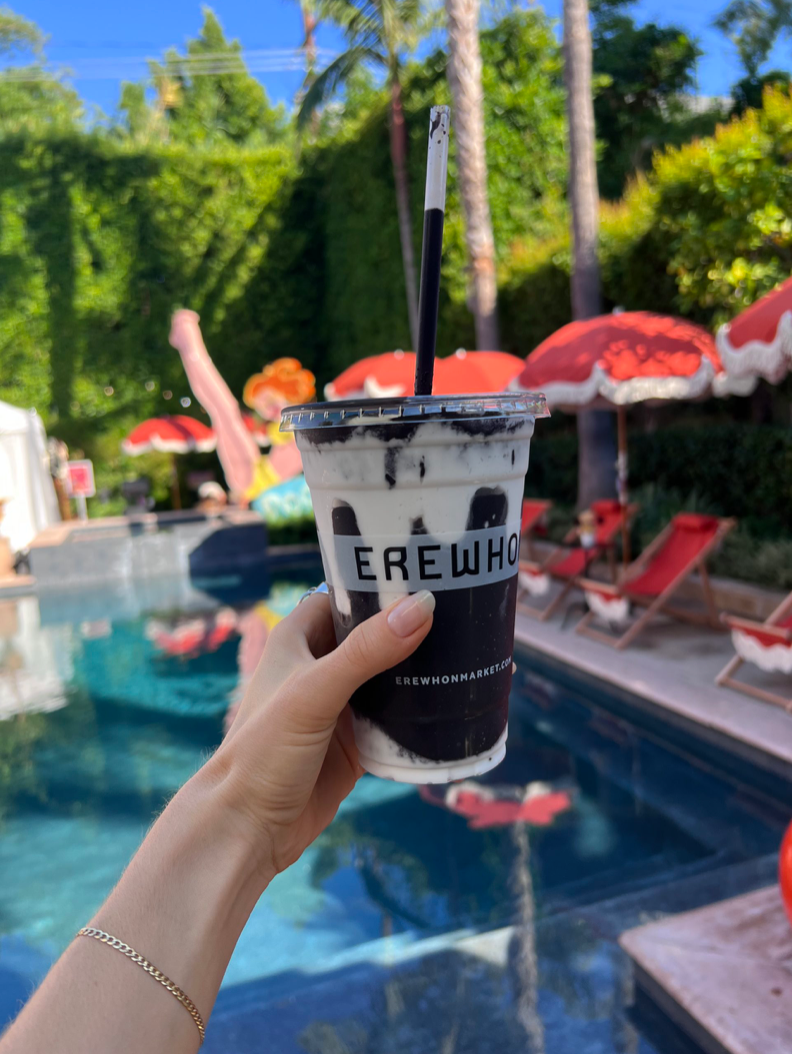
Credit: Poosh
But what does it actually do?? Research suggests charcoal in general may help with the below:
- Bloating. Basically active charcoal absorbs things (good and bad) in your gut, so it may help remove toxins and gas in your gut. But too much may be not so good, and also timing is key — if you take medicine or supplements, sipping your charcoal tea after can actually mean that its absorbing all the goodness with the bad.
- Diarrhea. (Similar to above) it helps absorb the toxins and bacteria that may be the root cause of your frequent bowel movements. My mom swears by this (we had charcoal tablets growing up… TUMs, who?), but also there is this research study on it if you don’t believe my mom.
- Hangovers. While this is a suggested benefit there is no direct research that shows that charcoal absorbs alcohol. But hey, if the idea of taking is a placebo to you feeling hungover. All the power to you. You know what the best cure to hangover is? Skipping the alcohol entirely, and enjoying a mocktail. Same deliciousness, no hangover.
Overall, these benefits can sound great. I mean who likes bloating? But it seems like there have not been conclusive studies on the benefits of drinking charcoal. And that begs the question, will a forecasted boom of interest from celebrities using it fuel MORE research into it?
Or will people just blindly follow along?
What is the future of Charcoal Tea?
I’m always so curious about the tailwind of these trends. We all know how powerful a Kardashian moment can be, but how far will the adoption go?
When I spoke with Pete Jokisch, he shared that he is not in a rush to bring any charcoal ingredient to his line-up. Sharing that charcoal “We’ve found that keeping our formulations and flavor profiles approachable, makes consumer adoption a little easier, but we’re certainly not against incorporating it.”
So what makes an ingredient approachable? Will charcoal have a moment as a consumable, is the Kardashian influence strong enough to see this become mainstream. I guess we’ll find out.
Charcoal Milk Tea recipe:
Nyssa’s Kitchen was the first place I could find a recipe for how to even make one of these at home. Everywhere else was like go to a local Boba spot (which honestly sounds like a way better option)… but in case you want to take your future in your own hands here you go.
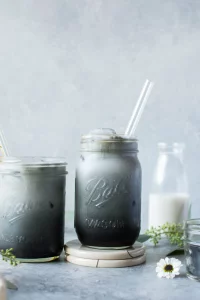
Credit: Nyssa’s Kitchen
And here is her recipe. She claims it tastes better than it looks, but honestly hers already looks way better than what graced my story feed this morning. Like I could dig that… the ombre?!
So, should I go and find some Charcoal Milk Tea and report back? Should we make our own recipe with a Blogilates twist (that actually tastes and looks good?!) Let me know in the comments.


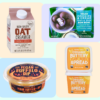




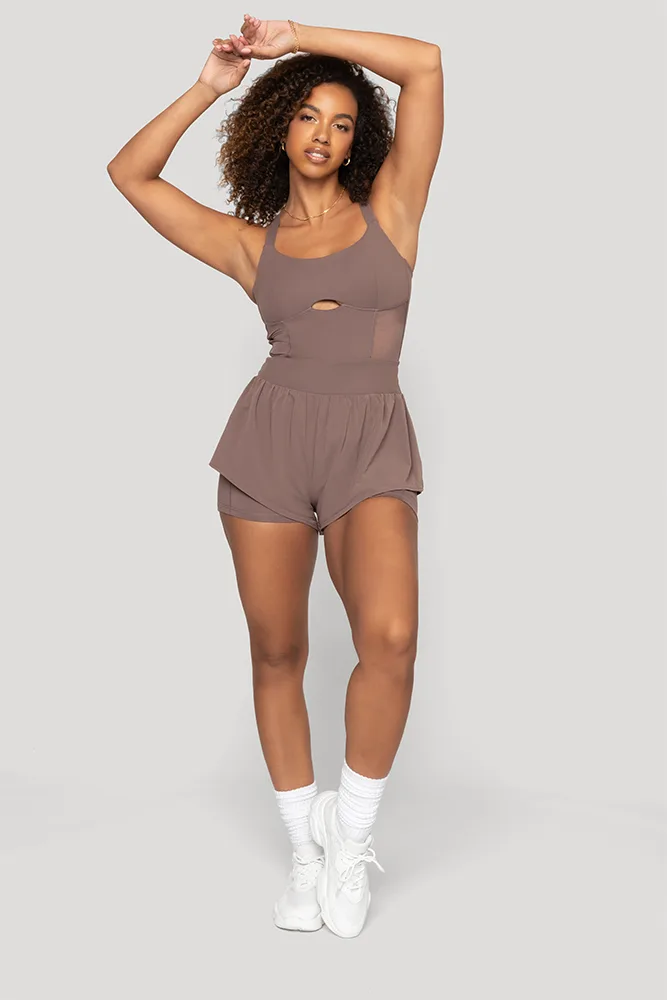
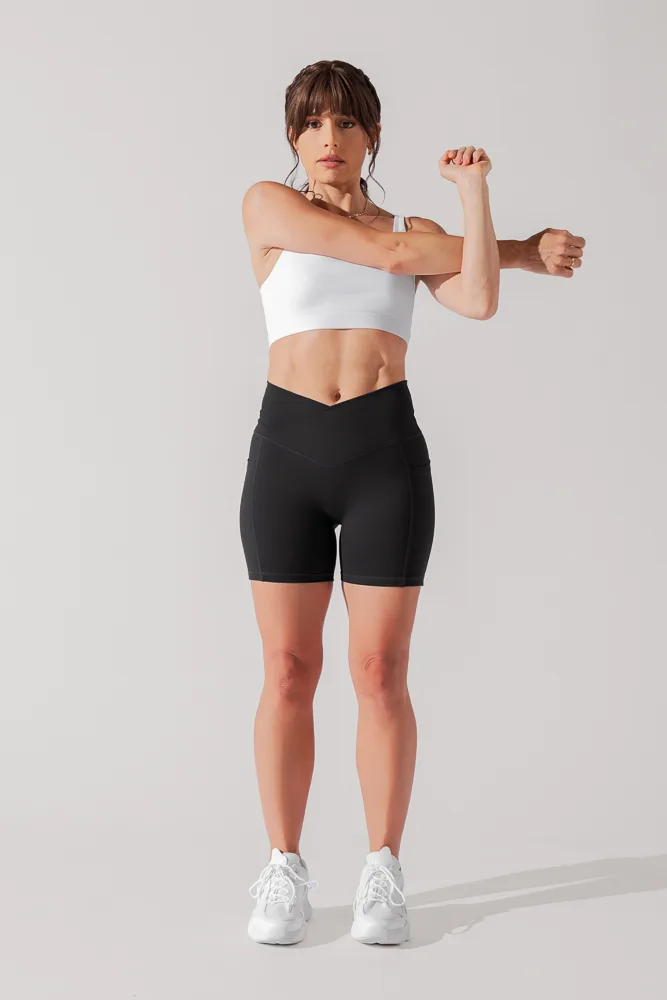
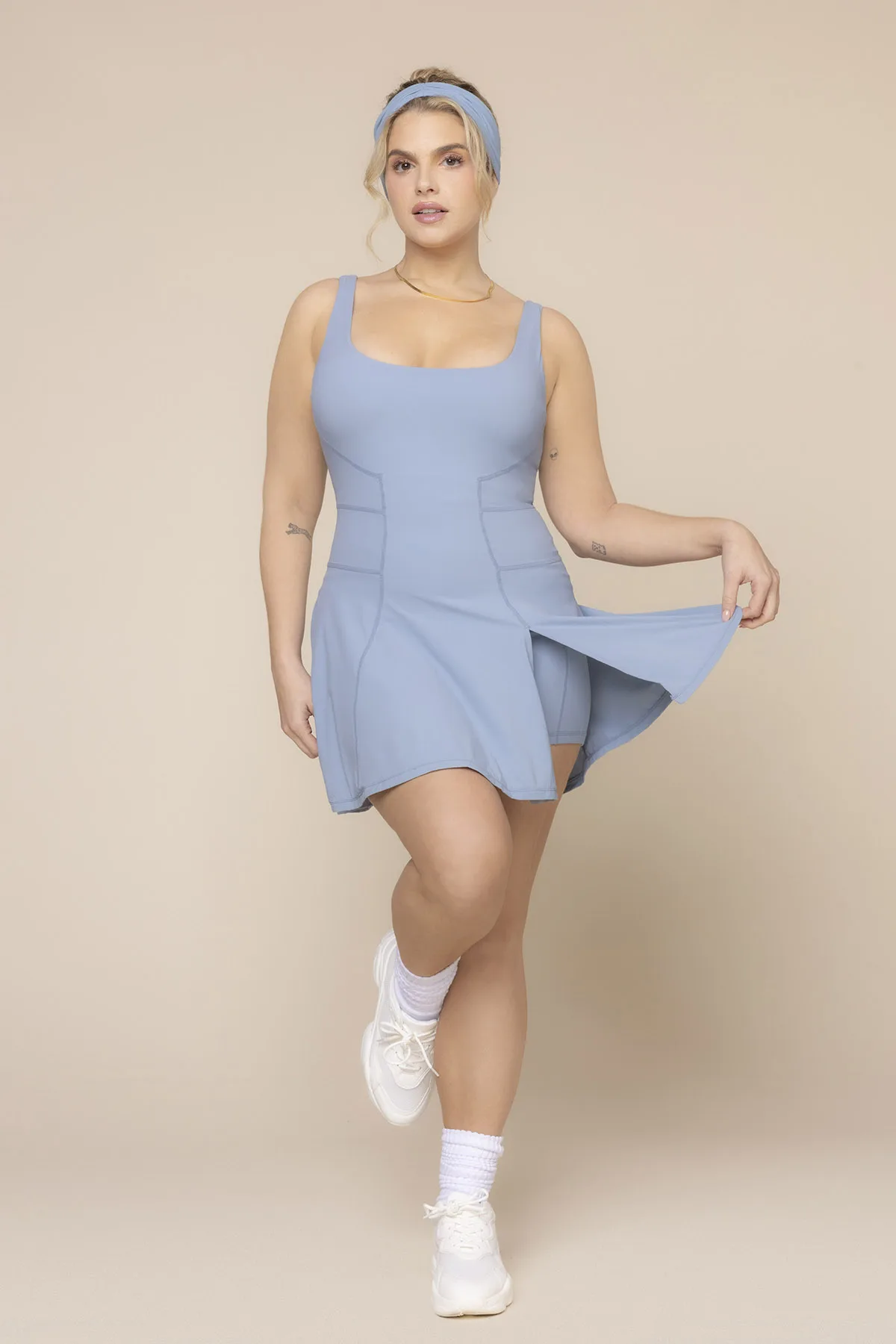
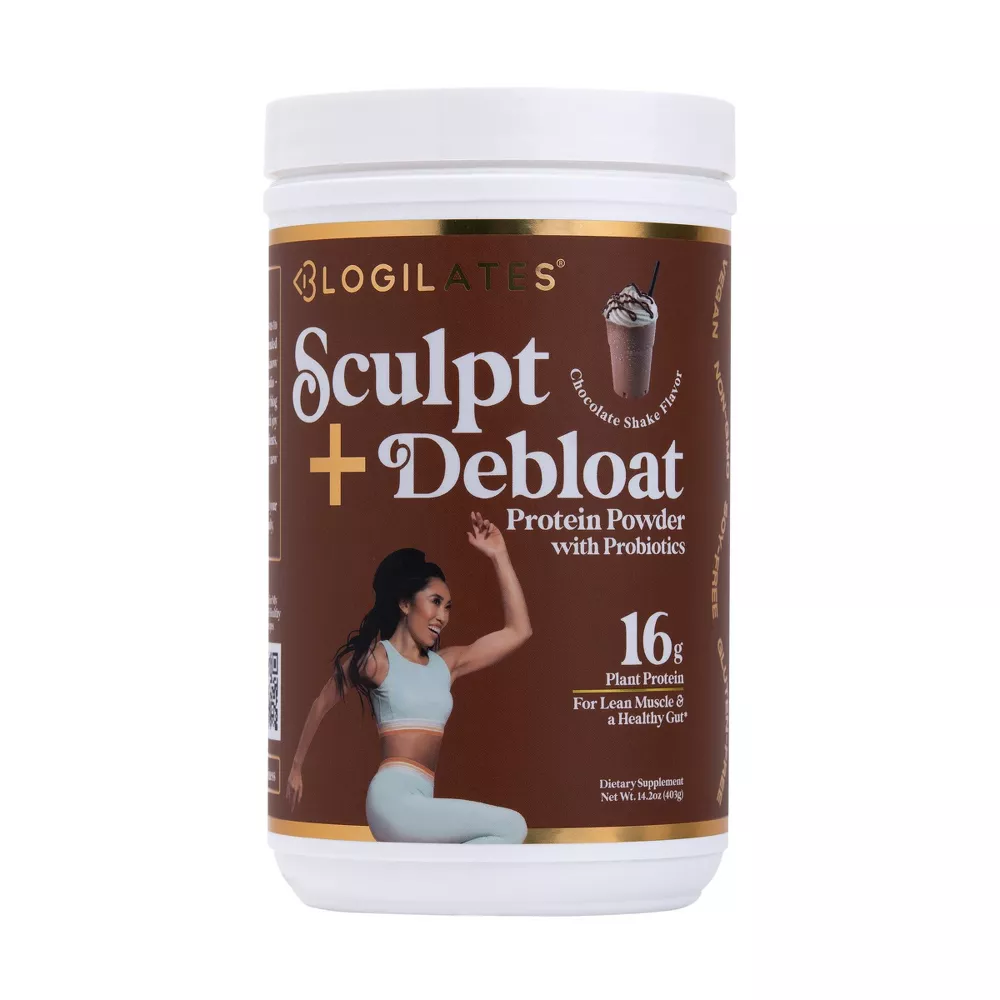
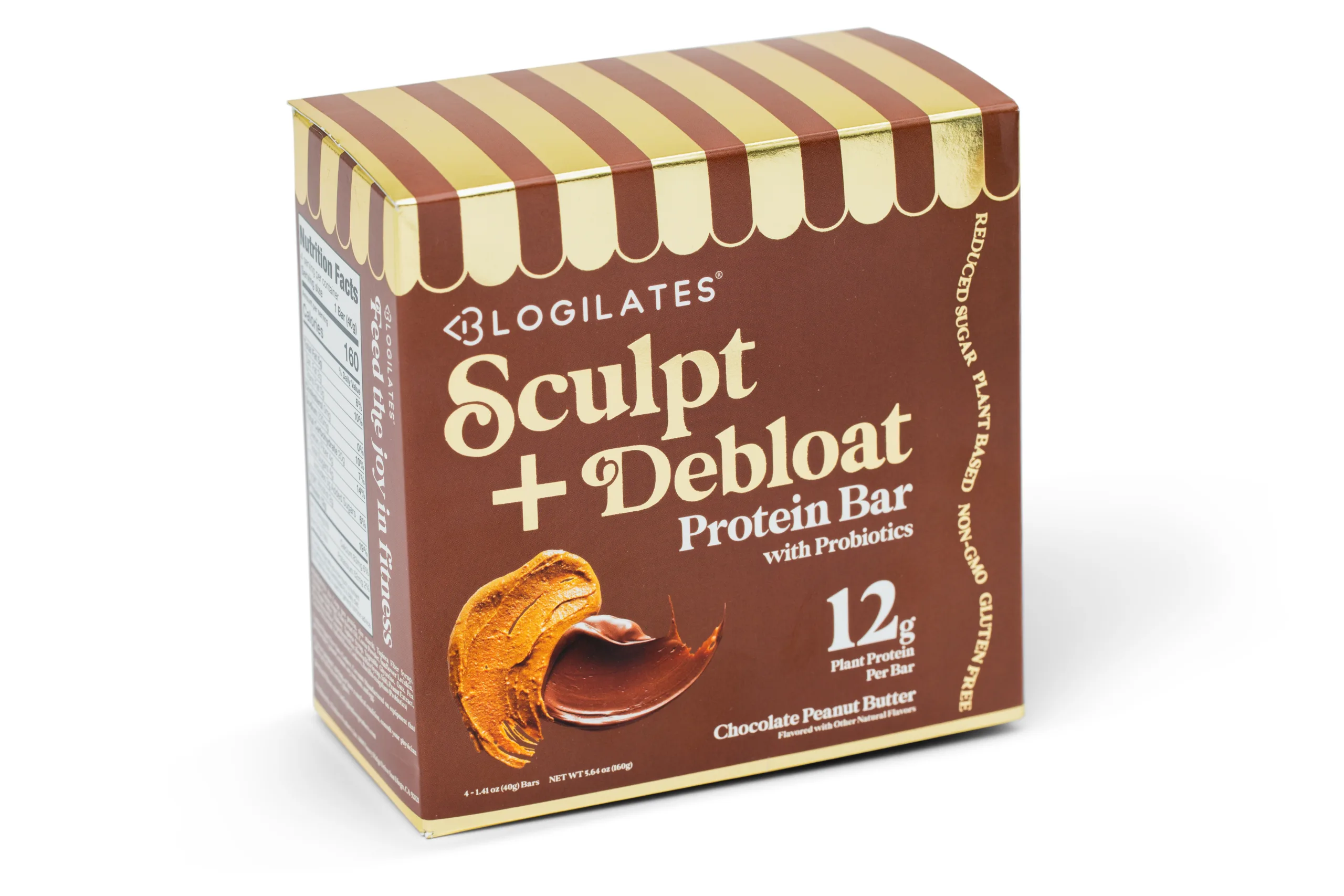
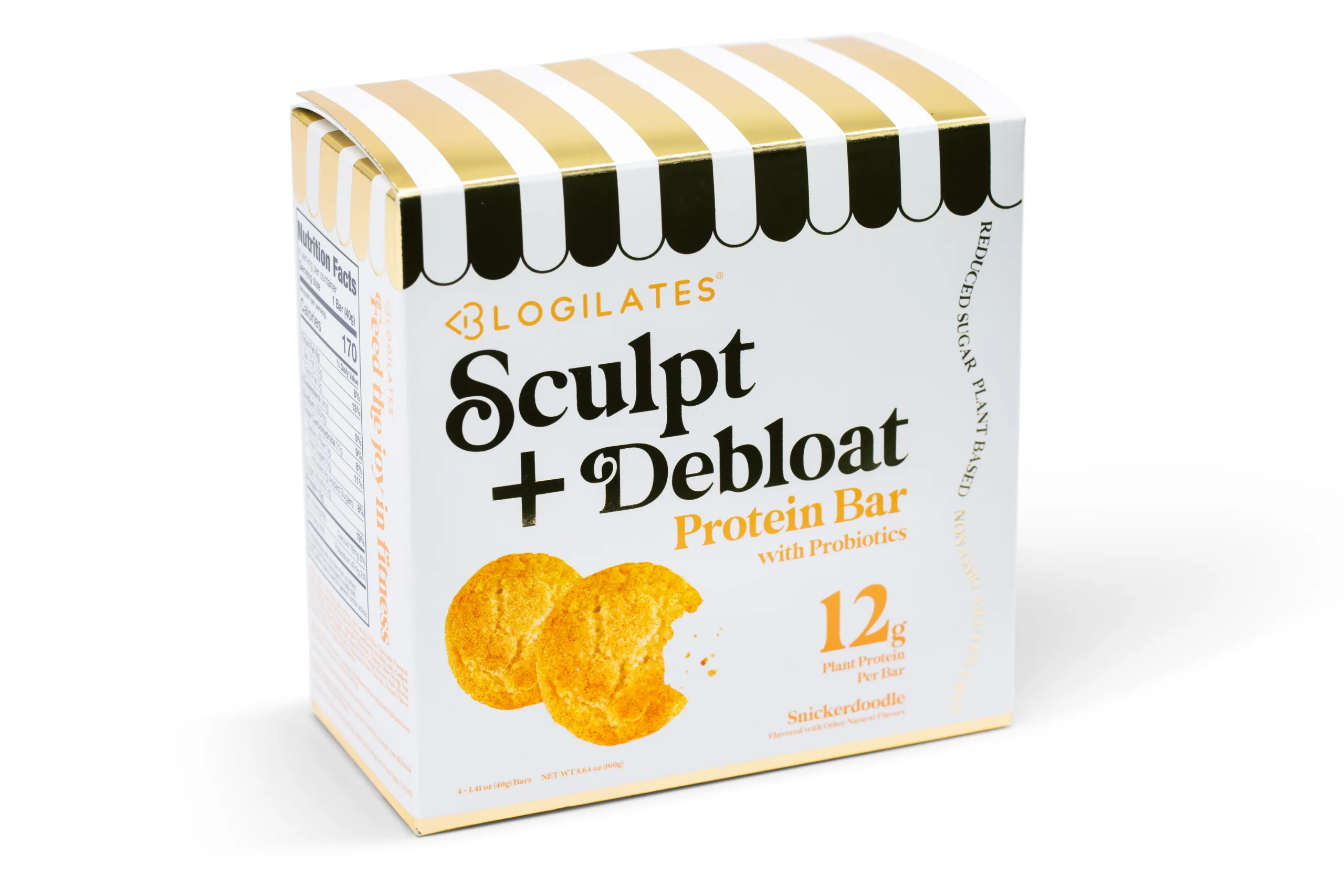
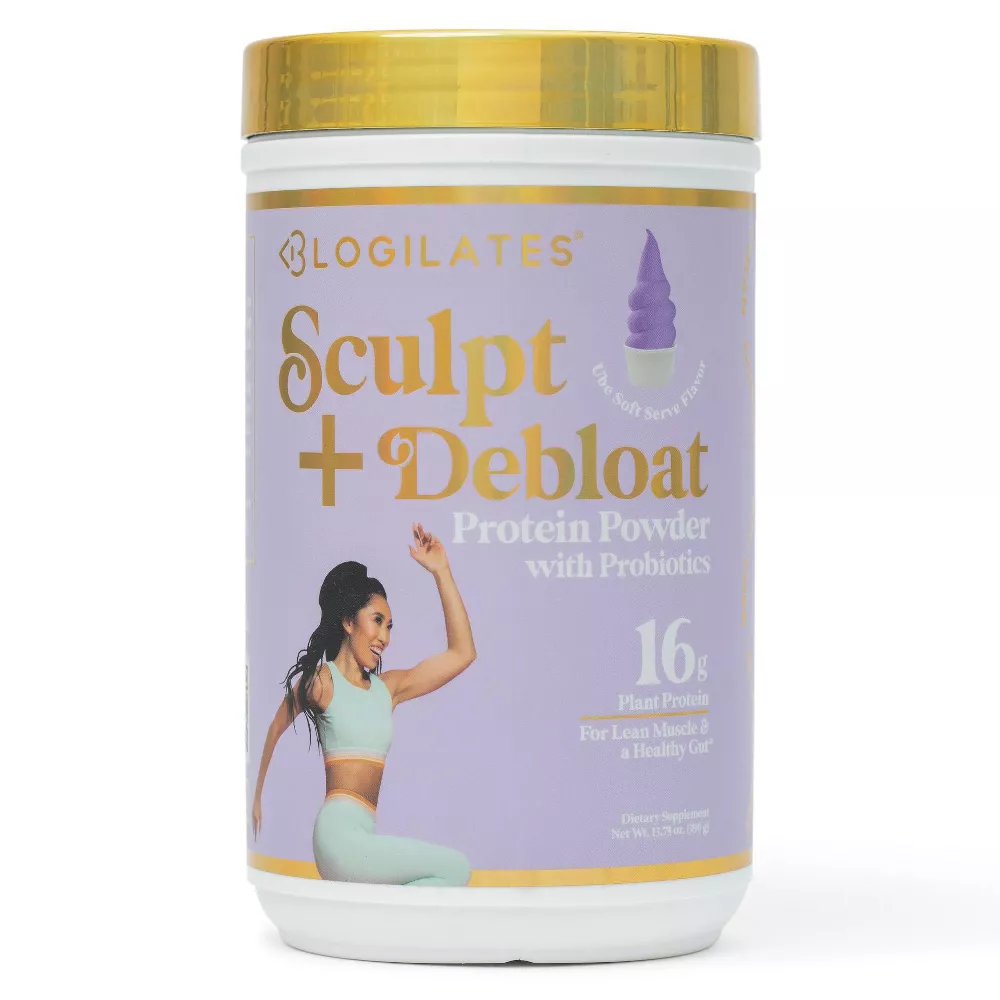



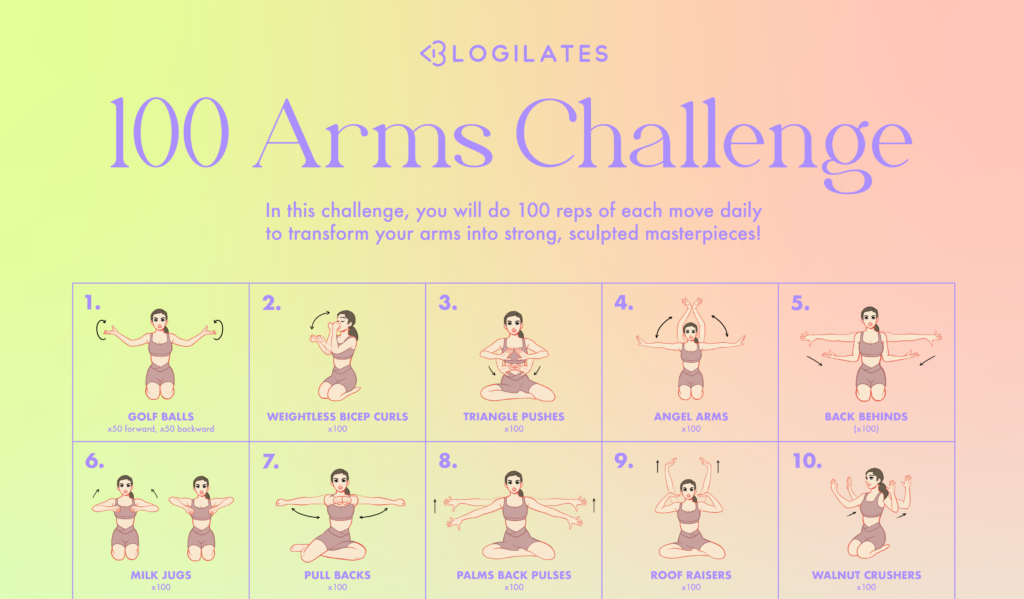
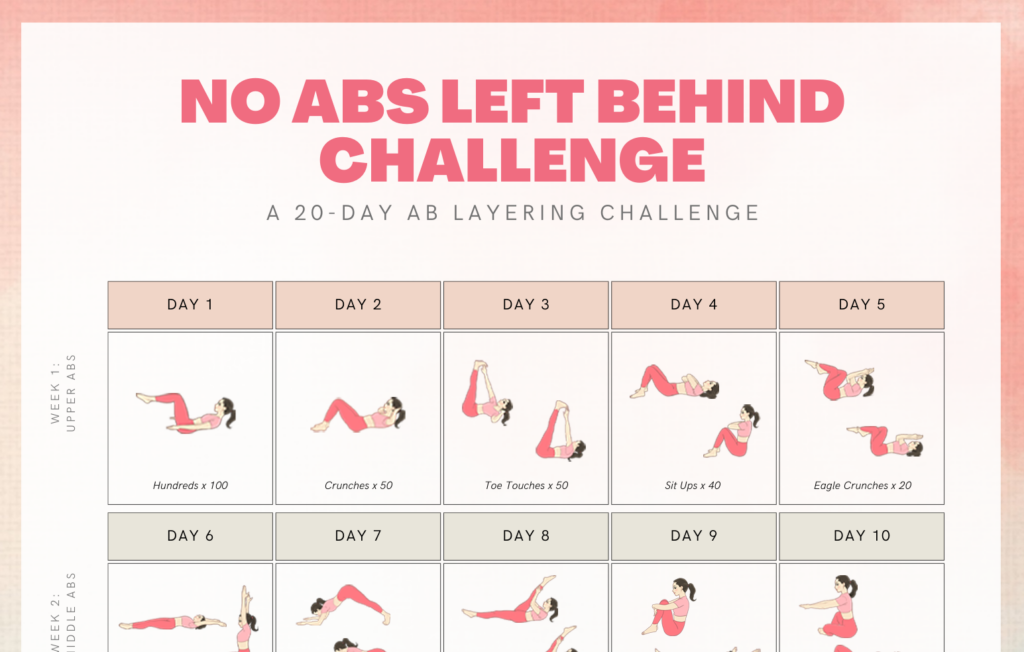
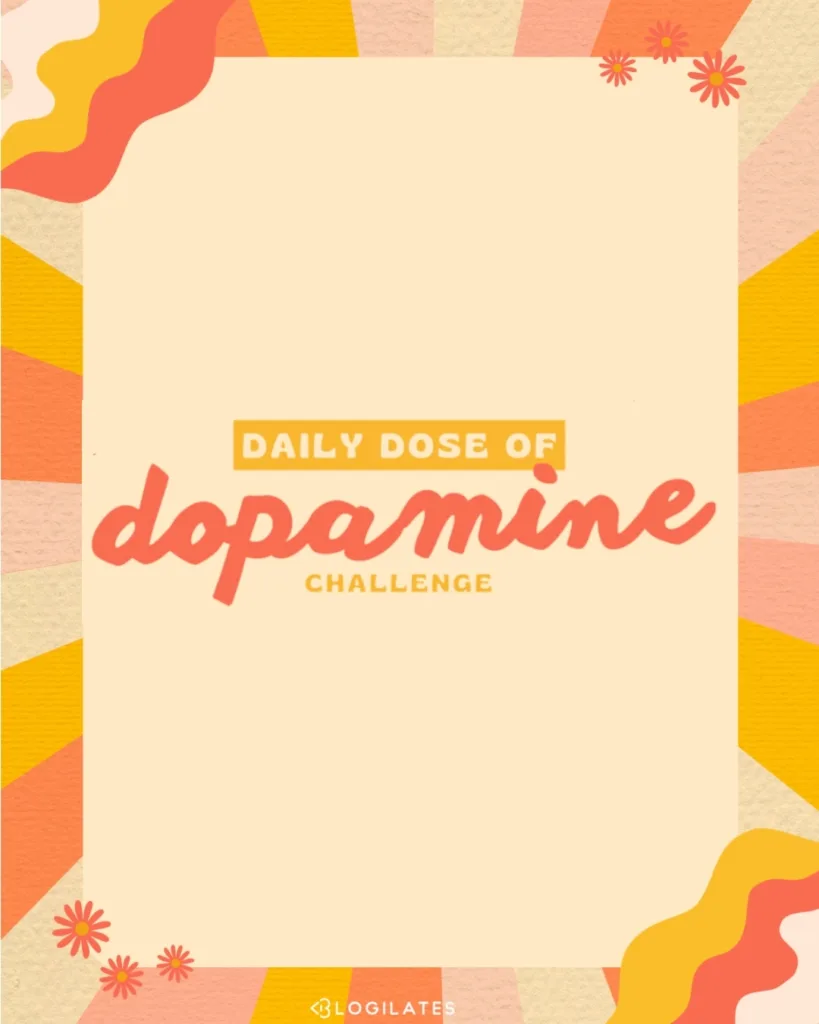
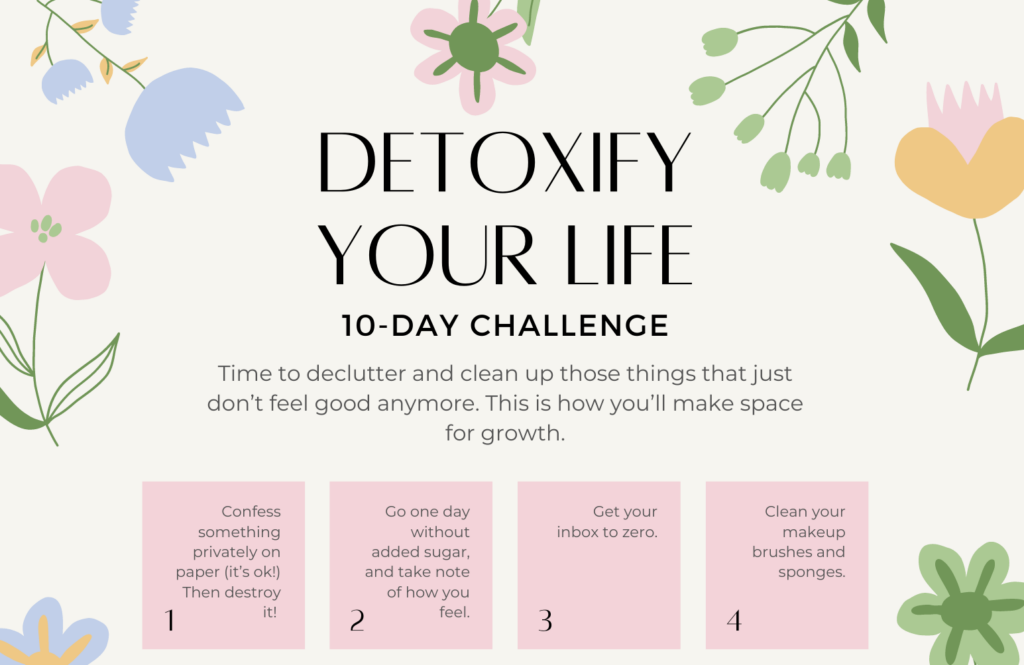
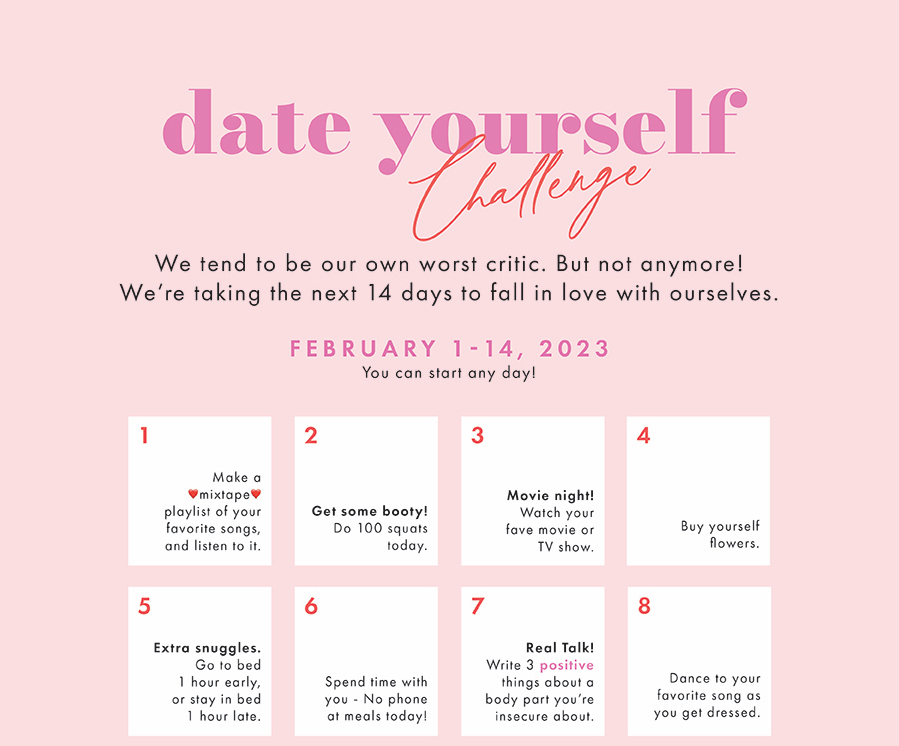
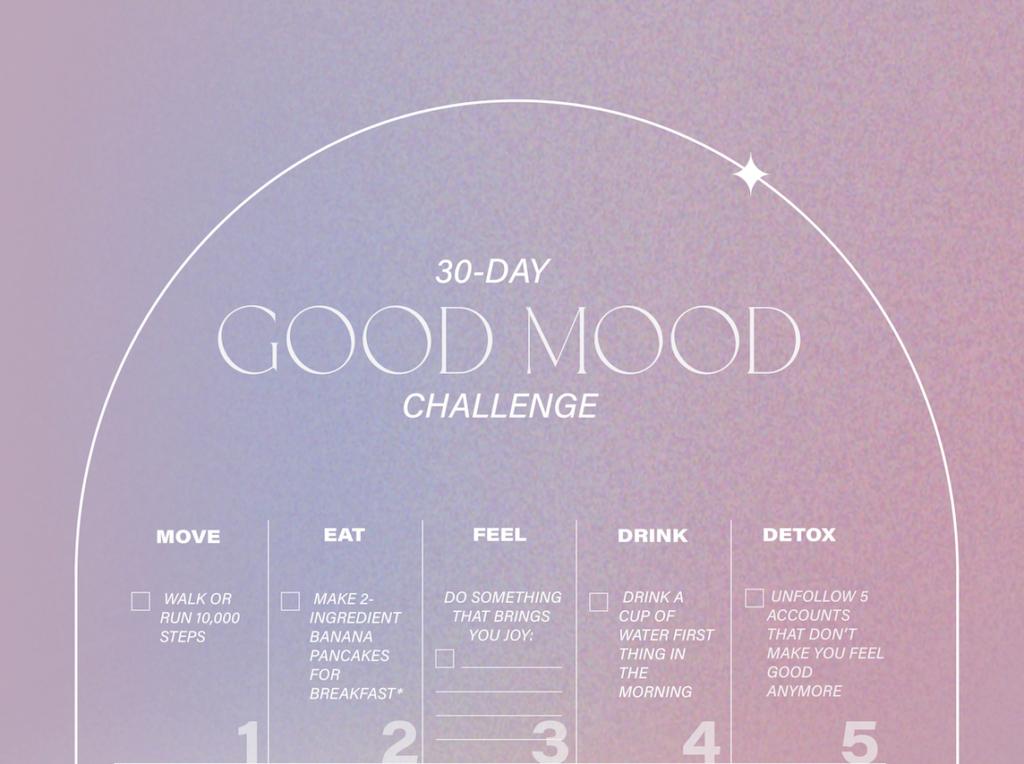
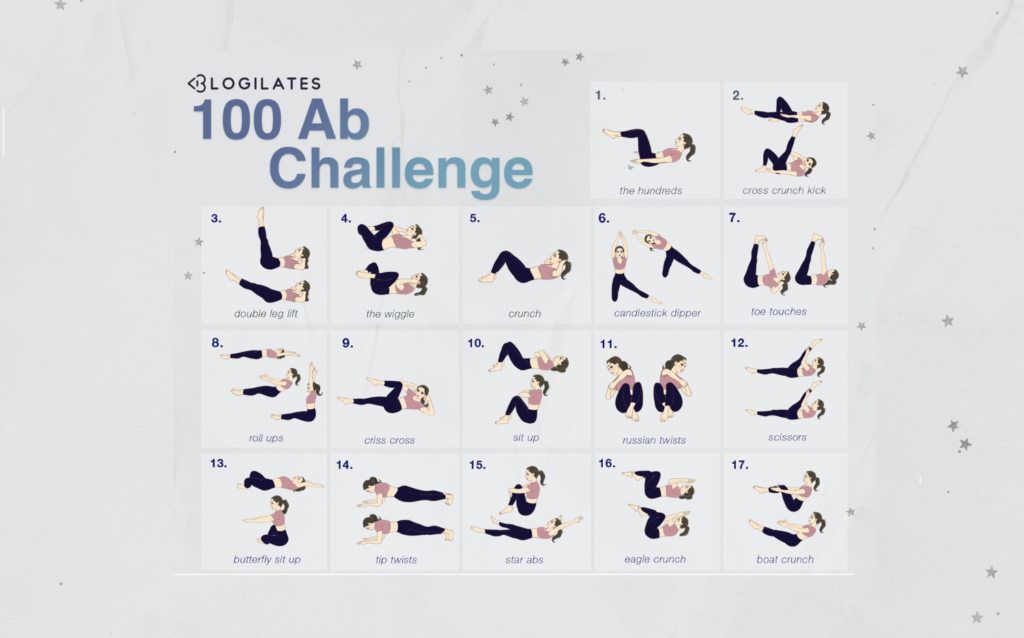
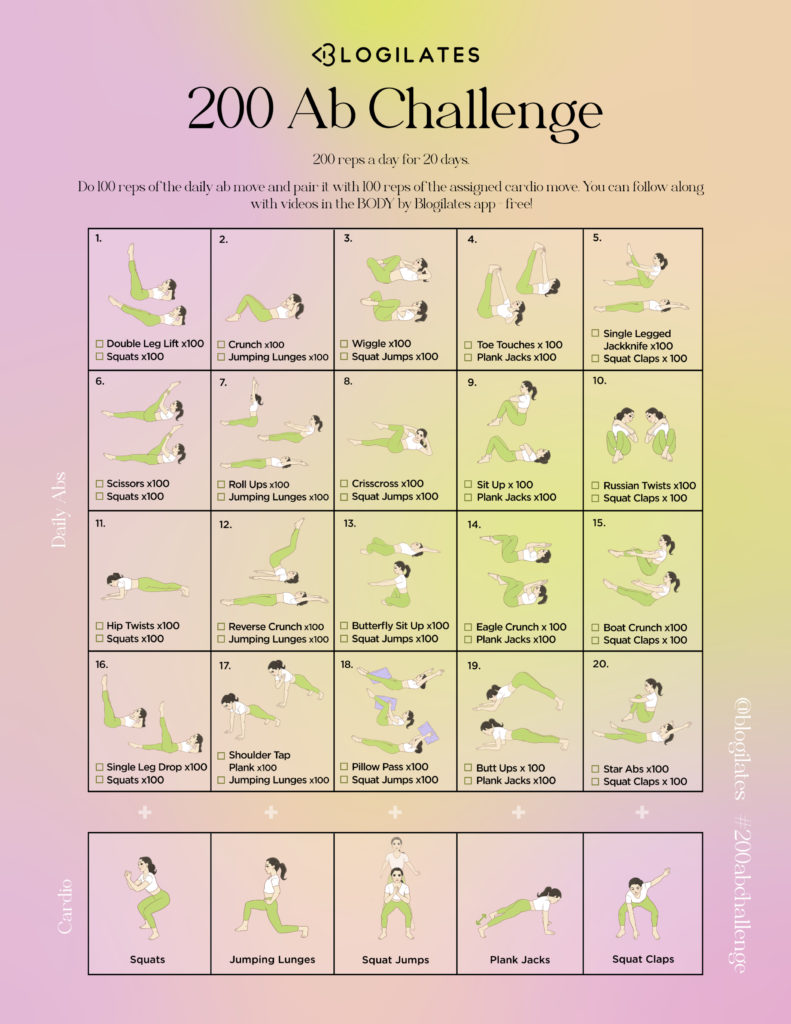


6 thoughts on “The (Charcoal) Tea on Kim Kardashian’s New Health Trend”
There are 6 comments posted by our users.
Honestly, a charcoal milk tea would be kinda cool just for shits and giggles!
Hahaha maybe too literally on the first one 😳
I personally wouldnt recommend ingesting activated charcoal powder for anything beyond treating a bad case of Bali Belly. It can help tourists with their baaaaad stomach cramps and diarrhea when they get Bali Belly after visiting Indonesia and drinking the local regional water that they’re not used to, because it absorbs all the gut bacteria and eases symptoms so that it passes faster. I can also understand using it for cleaning teeth and face scrubs, as to my limited knowledge (aka talking to my Indian in-laws and their parents) people in parts of India have been cleaning their teeth with traditional charcoal methods for generations, and they say that that’s why their teeth are so strong and white, and as long as it’s not done too rough, or too often, it’s not bad for the teeth or skin. I wouldn’t drink it like a tea or eat it regularly at all, though, because it sounds too much like abusing/overusing an over the counter medication imo 🤔
This is such a great point, @Maria! I think the lack of research overall really surprised me while I was looking it up. And how much power celebrities have to push something that really has no strong studies that it does anything GOOD for you.
And agree on the “Bali Belly” I grew up in East Africa and my mom was a big fan of charcoal tablets if we ever had a stomach bug!
It can also decrease the effectiveness of medications, including oral birth control.
Yeah! I think that was the most interesting part… That it can actually take away the impact of your meds – because it absorbs it all! So timing is everything.